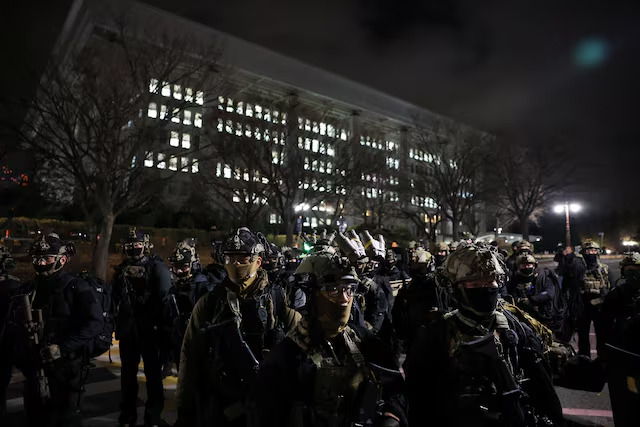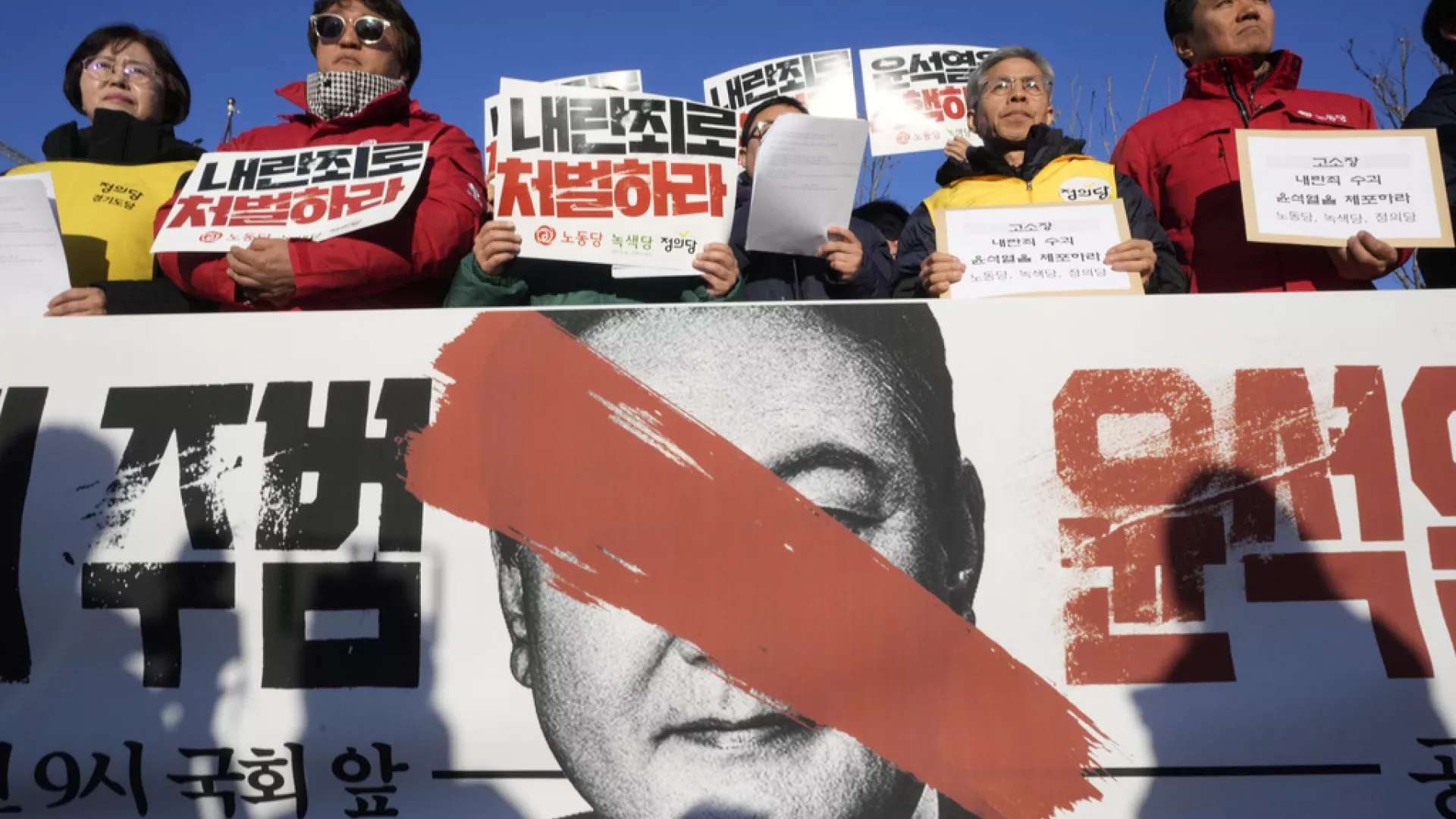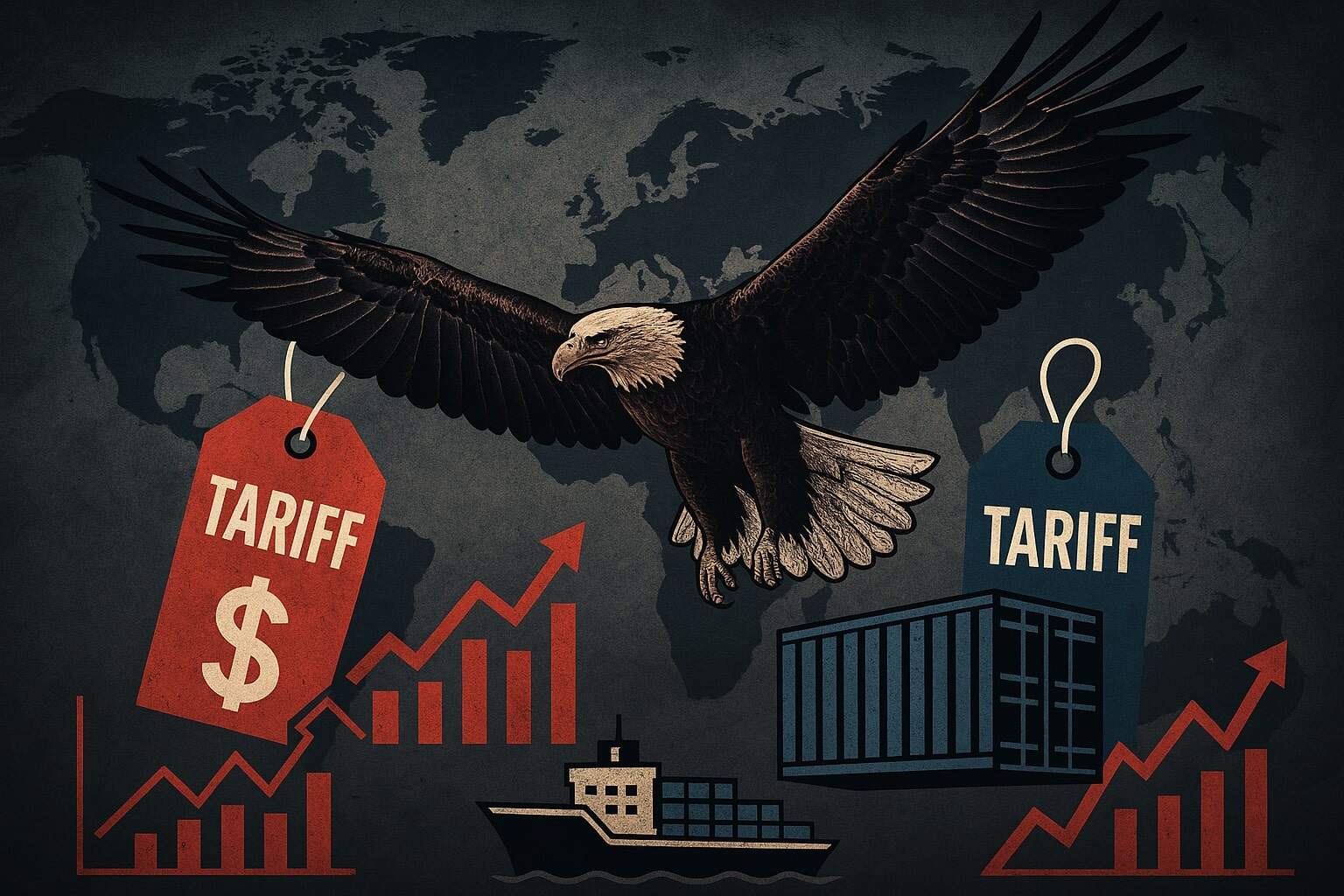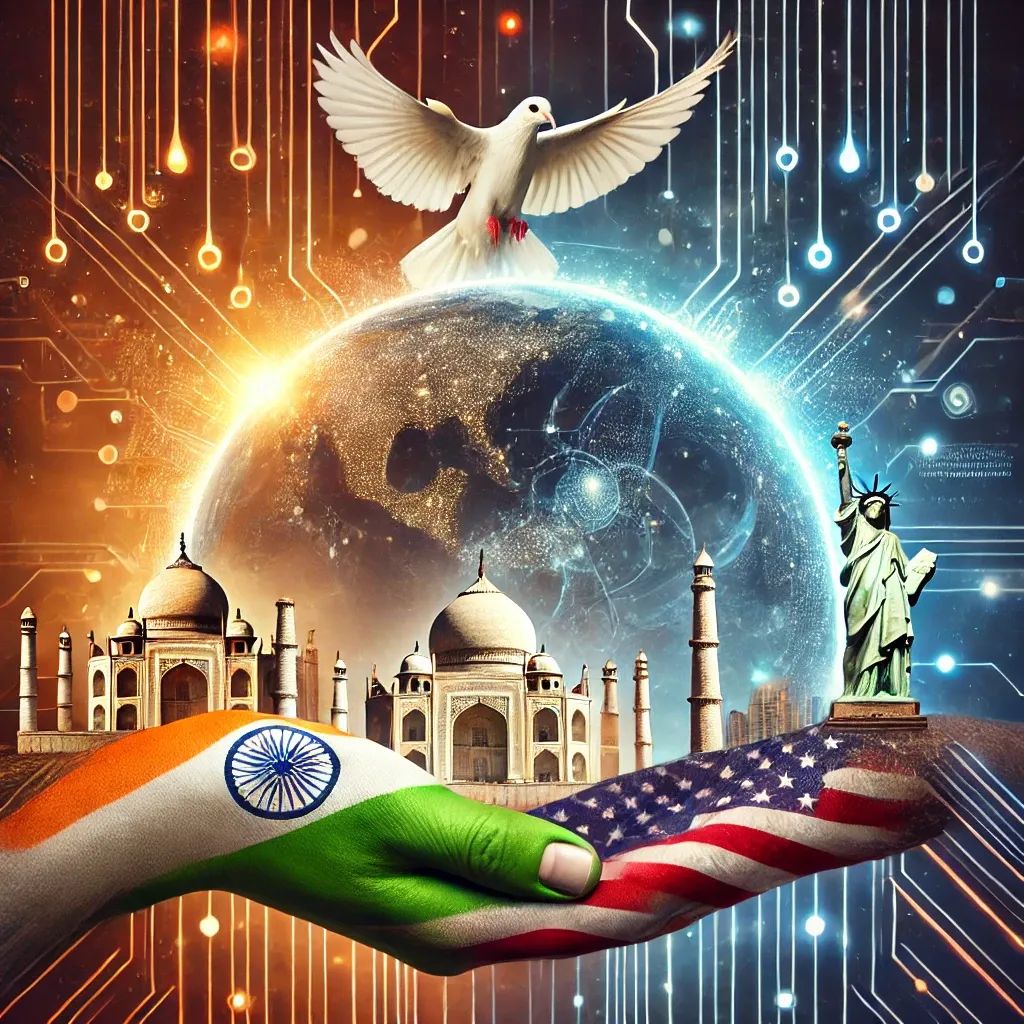South Korea witnessed an extraordinary night of political drama as President Yoon Suk Yeol declared martial law in a move that shocked the nation and raised serious questions about the future of its democracy. The declaration, framed by Yoon as necessary to “eradicate pro-North Korean anti-state forces,” was swiftly rejected by parliament, leading to a short-lived military standoff and a heated political backlash.

A Nation in Turmoil
President Yoon, facing mounting opposition both within his party and in parliament, justified martial law as a constitutional safeguard against alleged threats to national stability. However, the lack of any immediate external threat, such as aggression from North Korea, cast doubt on his motives. Critics, including members of his own ruling People’s Power Party, viewed the move as an undemocratic attempt to suppress dissent and maintain his weakening grip on power.
Protesters gathered outside parliament moments after the announcement, chanting “Withdraw emergency martial law!” and “Arrest Yoon Suk Yeol!” The rapid mobilization of citizens underscored the deep distrust many feel toward the president, whose administration has been mired in scandals and political missteps.
A Struggling Presidency
Yoon’s presidency has been plagued by challenges since he took office in 2022. From a razor-thin electoral victory to a hostile parliament dominated by the liberal Democratic Party, his ability to govern effectively has been severely hampered. His administration has faced criticism for its handling of major incidents, such as the tragic Halloween stampede of 2022 and a nationwide doctors’ strike earlier this year.
Adding to his woes are allegations of corruption involving his wife, Kim Keon Hee, and internal discord within his party. Just weeks before the declaration, opposition lawmakers proposed slashing budgets for his government and initiated impeachment proceedings against cabinet members.
A Swift Reversal
Under South Korea’s constitution, martial law can only be sustained with the consent of the National Assembly. In a rare show of unity, 190 out of 300 lawmakers, including some from Yoon’s own party, voted unanimously to lift the declaration. By early Wednesday morning, police and military personnel had withdrawn from parliament, and martial law was formally rescinded following a cabinet meeting.
National Assembly Speaker Woo Won Shik declared the law “invalid,” emphasizing that lawmakers and citizens would “protect democracy together.” The events marked the first time martial law had been imposed in South Korea since 1987, during the country’s authoritarian past.
Economic and Political Fallout
The dramatic declaration sent shockwaves through South Korea’s economy, with the Korean won dropping sharply against the U.S. dollar. The central bank convened emergency meetings to stabilize the market, reflecting the financial uncertainty triggered by Yoon’s actions.
Politically, the fallout has been equally severe. The opposition Democratic Party has called for Yoon’s resignation, warning of impeachment proceedings if he does not step down. While impeachment requires a two-thirds majority, the opposition may find allies among ruling party lawmakers disillusioned by Yoon’s leadership.
The Road Ahead
President Yoon’s future remains uncertain. His acceptance of Defense Minister Kim Yong Hyun’s resignation and the nomination of a replacement suggest attempts to regain control. Yet, his administration appears to be on borrowed time, with critics describing his martial law declaration as a desperate and unconstitutional act.
South Korea’s democratic institutions have demonstrated resilience, but this episode has exposed vulnerabilities in its political system. As the nation moves forward, it faces the challenge of balancing strong leadership with the preservation of democratic values.




